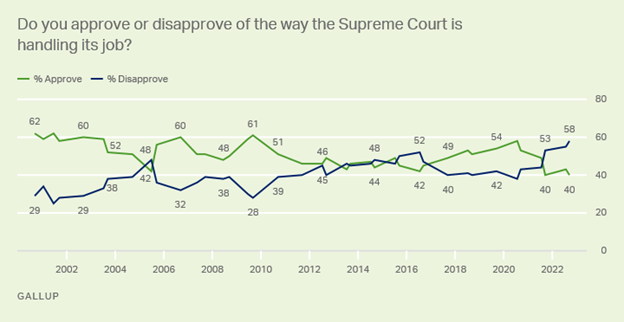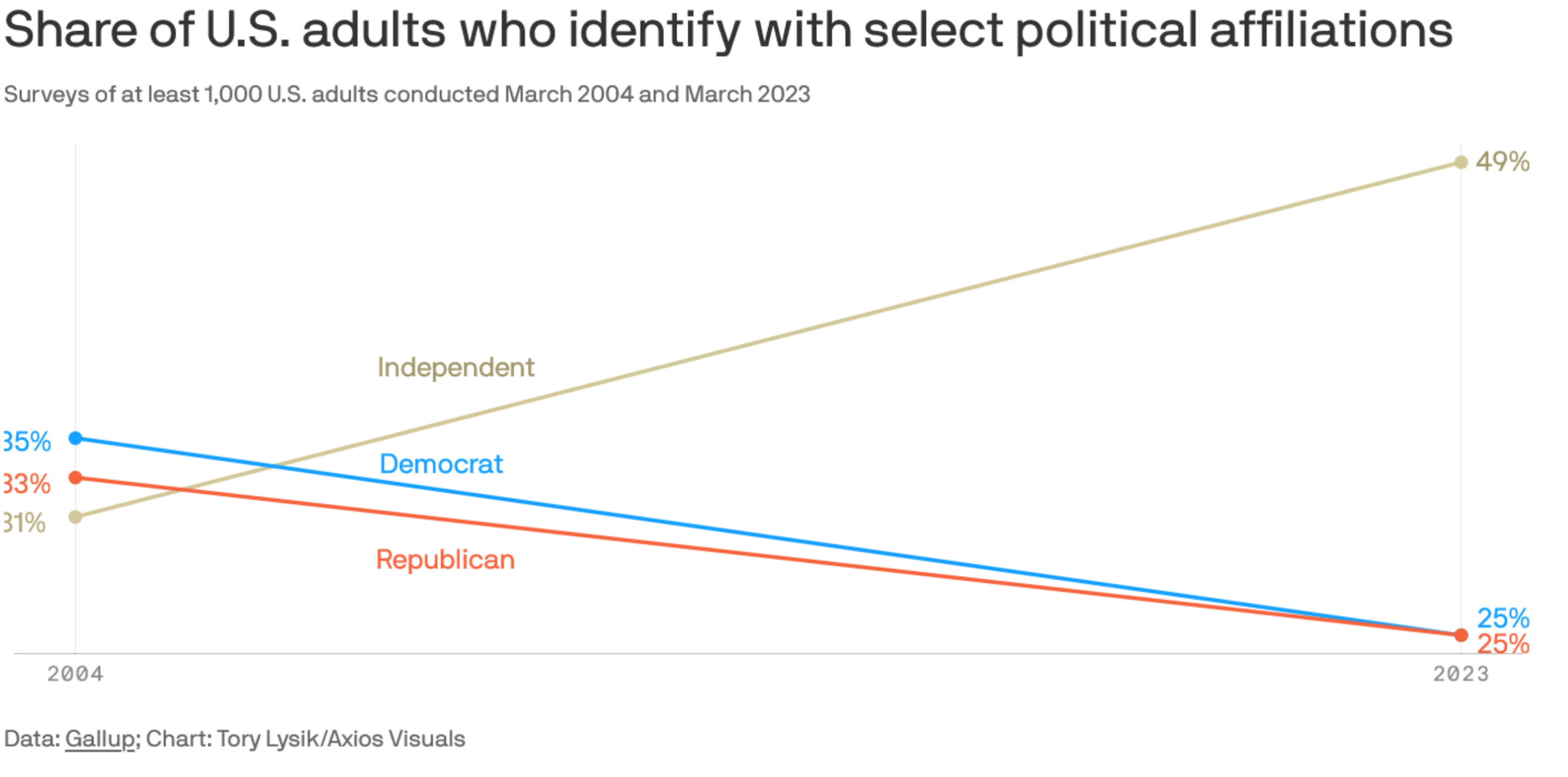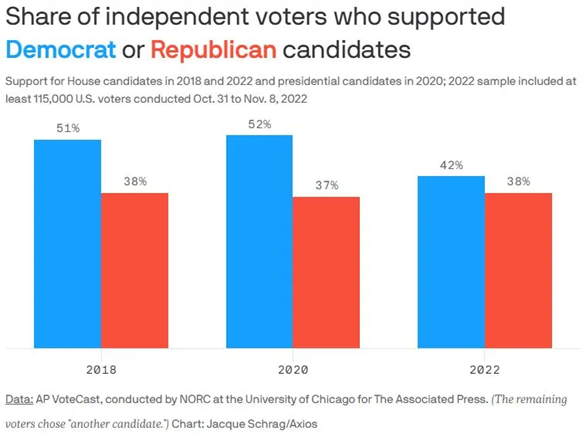The Daily Escape:

17 Palms Oasis, Anza-Borrego SP, CA – June 2023 photo by Paulette Donnellon. When Wrongo and Ms. Right lived in LA, we hiked to this spot twice with grandkids.
This year, the Fourth of July just won’t let go of Wrongo. Political historian Eli Merritt has an op-ed in the LA Times: The Fourth of July is all about America’s first principle — the right of revolution:
“This right of resistance against inequality and tyranny is the American way. It is the essence of the American experiment, beginning in the 1760s and 1770s with the colonists’ defiance of the Stamp Act, the Townshend Acts, the Tea Act and the Intolerable Acts; and in the 19th and 20th centuries with the abolitionist movement, women’s suffrage movement, the Emancipation Proclamation, the 13th, 14th, 15th, and 19th amendments, and the civil rights movement; and today with nonviolent fights for racial justice, equal voting rights, LGBTQ+ rights and women’s reproductive rights.”
We’re a country born of revolution. But after the Jan 6 insurrection, people are probably put off by the very idea of it. It’s what Trump’s seditionists did when they stormed the Capitol. Their goal was to prevent, or at least to obstruct, the certification of the 2020 presidential election.
And they did so by summoning the spirit of 1776. But in contrast to the J6 “protesters”, the people who approved the Declaration signed their names to a document. They didn’t wear hoods, masks, or camo gear and beat up people. The country’s “revolution” began with paper, pen and ink, with “revolutionaries” plainly identifying themselves. As Merritt points out:
“…the Declaration of Independence is a nonviolent manifesto. It makes no mention of swords, guns or war. Separately, the Continental Congress called upon American patriots to arm themselves, yet only in self-defense of God-given natural rights.”
Yet here we are in 2023, facing once again a fight for rights that we had already won, says The Guardian’s Rebecca Solnit: (emphasis by Wrongo)
“The first thing to remember about the damage done by the US supreme court this June and the June before is that each majority decision overturns a right that we had won…. What this means is that the right wing of the US supreme court is part of a gang of reactionaries engaging in backlash.”
In the 303 Creative v. Elenis case, the Supreme Court made a decision based on nothing, in which a woman refuses to perform a service she didn’t provide, to a gay couple that didn’t exist, in the name of religious “liberty.” That six Supremes jumped on this case is a travesty. We either back down and accept the direction these extreme Justices are pushing the country toward, or we fight.
Wrongo wants to fight, just like he did in the 1960s. It won’t be easy to win these rights back, but it isn’t impossible. And this from WaPo’s Jennifer Rubin:
“On…Independence Day, which celebrates rebellion against a monarch lacking consent of the governed, it behooves us to dedicate ourselves to robust and authentic democracy: government of the people, by the people, for the people — not by arrogant right-wing justices.”
The Supreme Court is the point of the American Conservative movement’s spear, and it must be our goal to blunt their extremisim. The ballot box is our only way out of this mess, so it will take an immense amount of organizing and effort to overcome the gerrymandering, active voter suppression and massive disinformation campaigns conducted by the media.
The current SCOTUS cannot change our beliefs and values. These rights are ours, regardless of what six Supremes say. From Solnit:
“If you didn’t believe that equal access and rights were wrong yesterday…you don’t have to believe it now. Not just because those rights were denied by six justices….”
The country is on our side. Gallup has a new poll of approve/disapprove of the Supreme Court:

This shows that the people agree with blunting the power of today’s Supreme Court. The final words go to Solnit:
“…history shows us that when we come together with ferocious commitment to a shared goal we can be more powerful than institutions and governments. The right would like us to feel defeated and powerless. We can feel devastated and still feel powerful or find our power. This is not a time to quit. It’s a time to fight.”
We must take every available measure in our democracy to revoke consent and remedy these unconstitutional decisions. It will require active engagement in all levels of the democratic political process, from local school boards to the presidency. We can’t take any political office for granted.
Help new voters obtain ID and register to vote. Educate yourself about the candidates, vote in the primaries. Get your friends and families to vote. Make sure no seat goes uncontested wherever a GOP politician holds office or runs without opposition.
Above all, do not let them assume that you consent to the loss of our rights.






 Some of the Supremes’ action is definitely affirmative:
Some of the Supremes’ action is definitely affirmative:




















